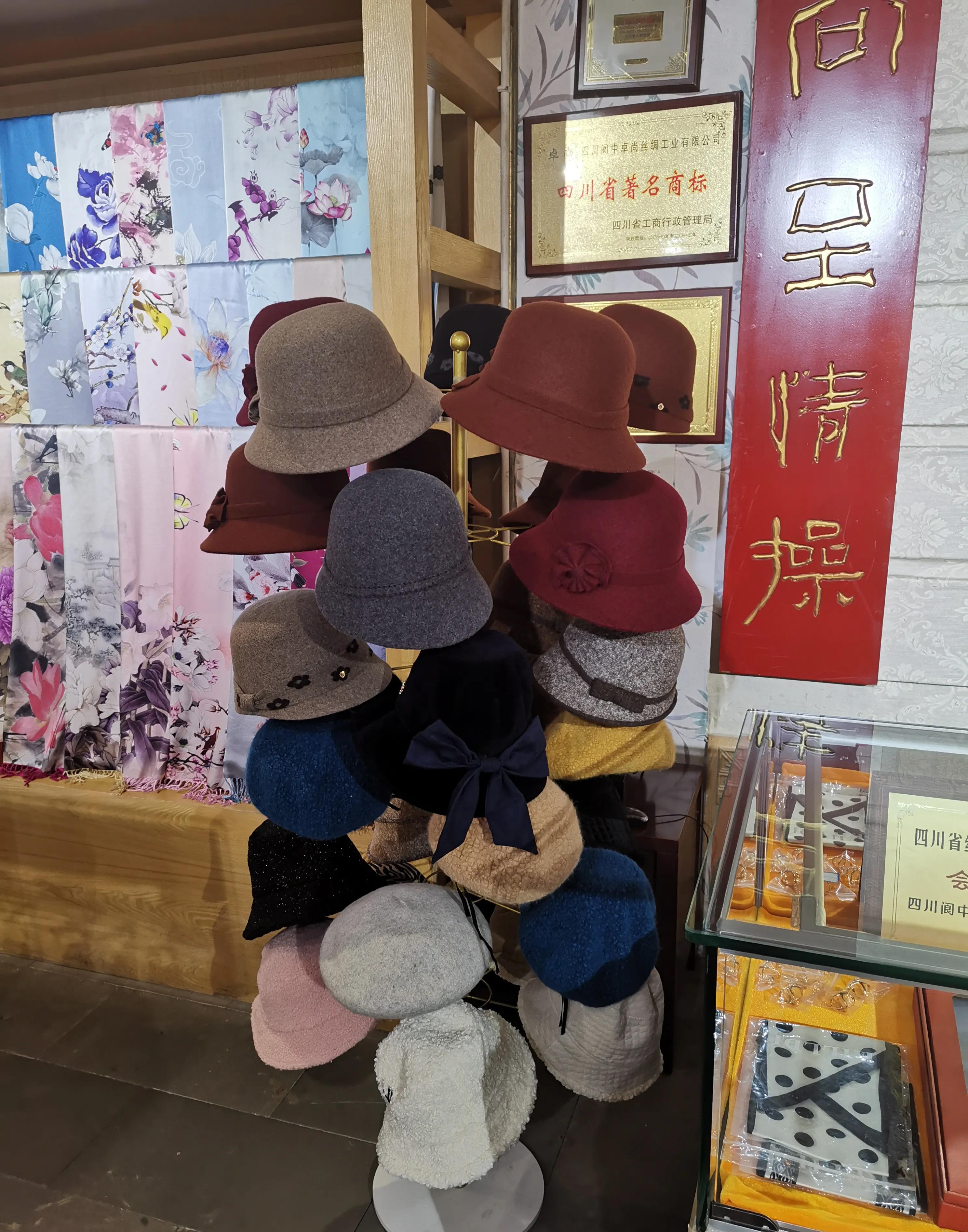In 1954, the Chinese Academy of Sciences and the Chinese Writers Association jointly conducted a critique of Hu Shi Thought, which involved all aspects of Hu Shi Thought, specifically:
I. Hu Shi's critique of philosophical thought (mainly criticizing his pragmatism), convened by Aischi;
2. Hu Shi's critique of political thought, convened by Hou Wailu;
III. Criticism of Hu Shi's Historical Views, Convener Fan Wenlan;
4. Hu Shi's Critique of the History of Chinese Philosophy, convened by Feng Youlan;
V. Hu Shi's Criticism of Literary Thought, Convener Huang Yaomian;
6. Hu Shi's critique of the History of Chinese Literature, convened by He Qifang;
7. Considering the status and role of evidence in the study of history and classical literature, convened by Yin Da;
VIII. The people's nature and artistic achievements of "Dream of the Red Chamber" and the social background of its production, convener Zhang Tianyi;
IX. Criticism of the research works of "Dream of the Red Chamber" (that is, the evaluation of the so-called old and new "red studies"), convened by Nie Shuyi.
During this period, the articles criticizing Hu Shi were mainly written by literary and historical and philosophical workers, and the more well-known ones were Li Da, Zhang Ruxin, Ai Siqi, and Sun Dingguo. The writer did not criticize Hu Shi, only the Shanghai writer Wu Qiang wrote one. Members of Hu Shi's critical committee, Mao Dun, Lao She, and Deng Tuo, did not write articles specifically.
Most of the scholars who criticized Hu Shi's thought, except for some theorists of the time and the young scholars who came up later, were friends of Hu Shi's early years. Only a few people, including Zhou Binglin, Zhou Kunsheng, Zhang Xiruo, Pan Guangdan, Luo Longji, Wu Wenzao, and Qian Duansheng, did not intervene. Historian Wu Han did not write an article, Chen Yuan did not express his position, and Chen Yinke and Qian Zhongshu also remained silent.
Nearly seventy years have passed since this vigorous criticism, and all the parties concerned have become ancient. Today, when we look back at that period of history, there is still a lot to ponder.
No matter which one of you is, you can be criticized, there is no doubt about it. My question is what to criticize, how to criticize, which is worth examining.
The convener of a critique of one's thoughts or academic views should, in my imagination, at least be the academic authority in that regard. In other words, A criticizes B, and A at least has the theoretical level of dialogue with B. For example, to criticize Hu Shi's pragmatic philosophy, you must at least understand the essence of Dewey and Dewey's pragmatic philosophical thought. Regrettably, however, those who criticized Hu Shi's pragmatic philosophy later recalled that they had not even read Dewey's works on pragmatism. Let's look at these nine conveners again, Yin Da and Nie Cyan's works I have not read, naturally have no right to evaluate, the other seven conveners of the work I have read some, it can be said that any of these conveners throughout their lifetime academic achievements can not surpass Hu Shi.
In that "movement" to criticize Hu Shi, Hou Wailu's "Exposing the Reactionary Face of Hu Shi, a Slave of US Imperialism," and Wang Zisong and Jin Yuelin's "What Are the So-Called 'Experience' and 'Practice' of Pragmatism?" These two articles reflect a more rigorous academic attitude. As Wang Zisong said, "Jin Yuelin sometimes looks at the problem more deeply, and can quote Dewey's words to disprove it, and play it very accurately!" "Other people's critical articles are difficult to argue academically.
Today, I am not saying this to defend Mr. Hu Shi. What I want to say is that who to criticize, what to criticize, and how to criticize it are all extremely serious things. Academic criticism is different from "sending hats" between political opponents, "sending hats" between political opponents is irrational behavior, and academic criticism should be rational behavior.
